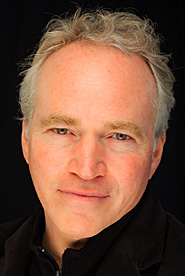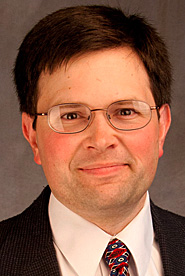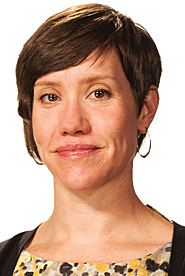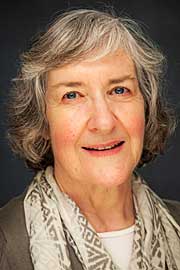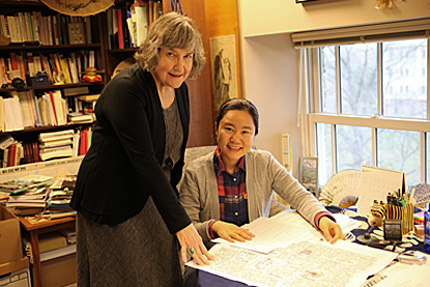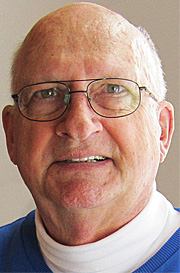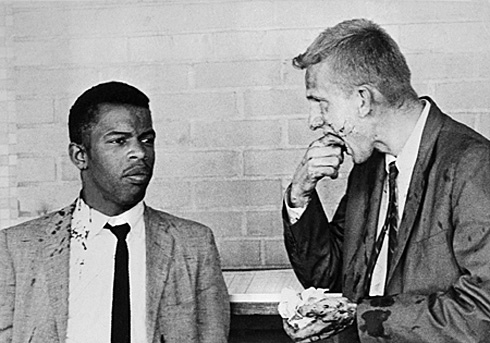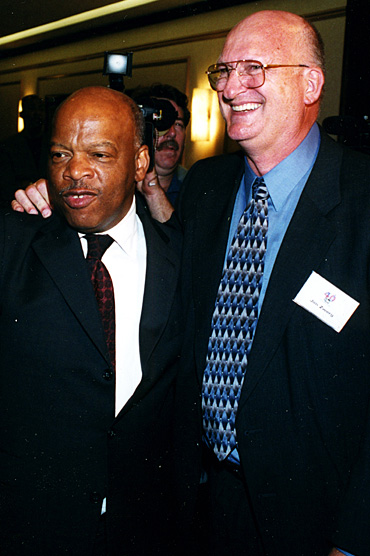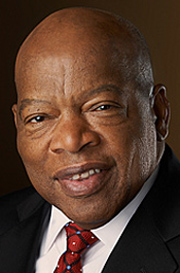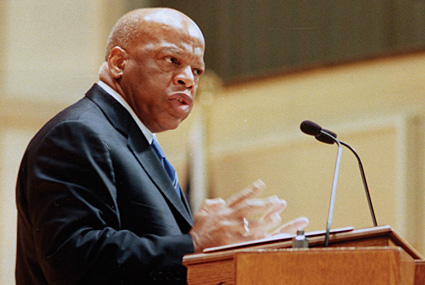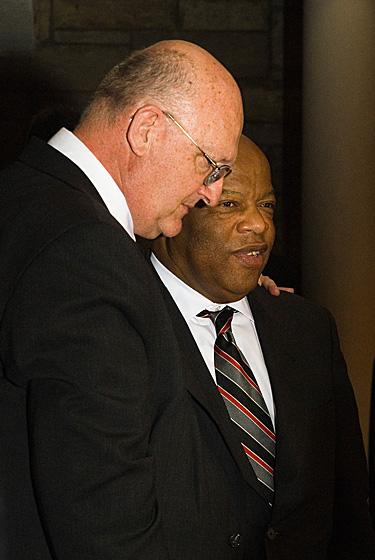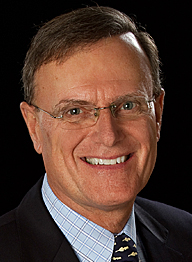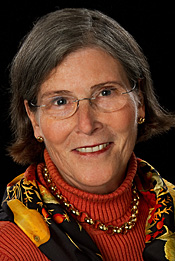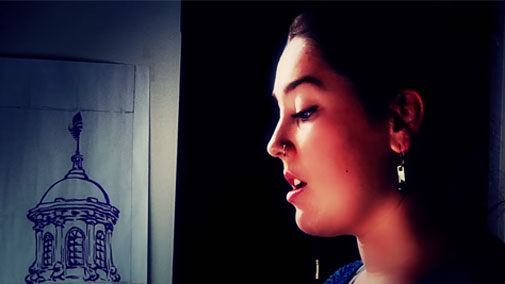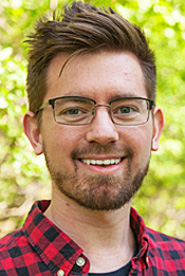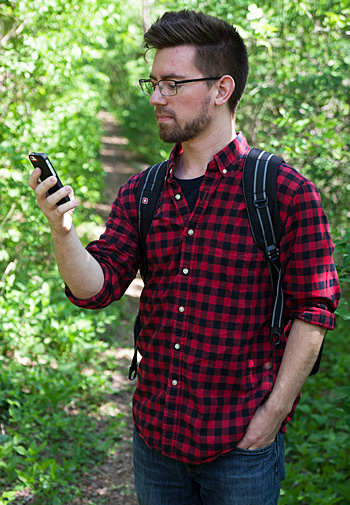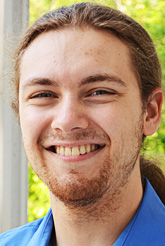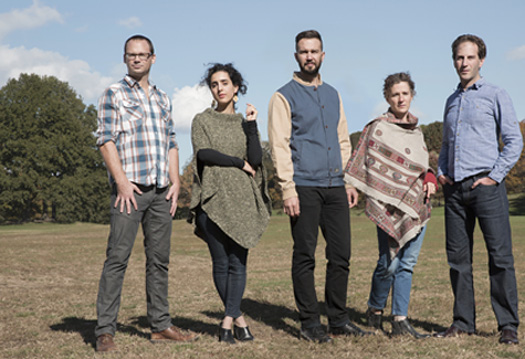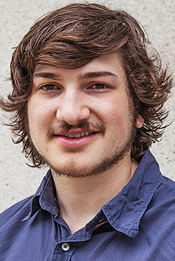
A documentary film by Lawrence University student Zach Ben-Amots that explores the experiences of African-American students at Lawrence will be shown Thursday, June 18 at 6:30 p.m. at the Appleton Public Library. The event is free and open to the public.
The film, “Forgotten History,” grew out of Lawrence’s Civic Life Project, a documentary film class taught by award-winning documentary filmmaker Catherine Tatge ’72, who is serving as an artist-in-residence at Lawrence.
The Civic Life Project was developed by Tatge and her husband, Dominique Lasseur, as an innovative educational tool to challenge each student to learn about civics and democracy in a unique way, discover more about the community in which they reside and find their own individual voice through the creation of a documentary video.
Ben-Amots, a junior from Colorado Springs, Colo., was inspired to make the film after seeing a presentation by former Appleton educator Ron Dunlap, who discussed the needs of African-American students in the Fox Cities.
Ben-Amots decided to focus his film on the experiences of black students at Lawrence, which dates to 1859 when the first black student arrived on campus. The film features interviews with nine African-American alumni who attended Lawrence between 1969 and 2008.
Wanting to learn more about the relationship between Lawrence and the city of Appleton as regards to diversity led Ben-Amots to the Lawrence archives and the Appleton Public Library, where he spent hours poring over microfilm of past Post-Crescent stories.

The story that emerged from his research was one of students of color living in a predominately white community that is not always as welcoming as it could be to minorities. His interviews with the alumni revealed a wealth of experiences, as well as many of the same hardships.
Following the screening, Amy Ongiri, director of film studies at Lawrence, will facilitate a conversation on the experience of being black at Lawrence and in Appleton.
About Lawrence University
Founded in 1847, Lawrence University uniquely integrates a college of liberal arts and sciences with a nationally recognized conservatory of music, both devoted exclusively to undergraduate education. It was selected for inclusion in the Fiske Guide to Colleges 2015 and the book “Colleges That Change Lives: 40 Schools That Will Change the Way You Think About College.” Engaged learning, the development of multiple interests and community outreach are central to the Lawrence experience. Lawrence draws its 1,500 students from nearly every state and more than 50 countries.
